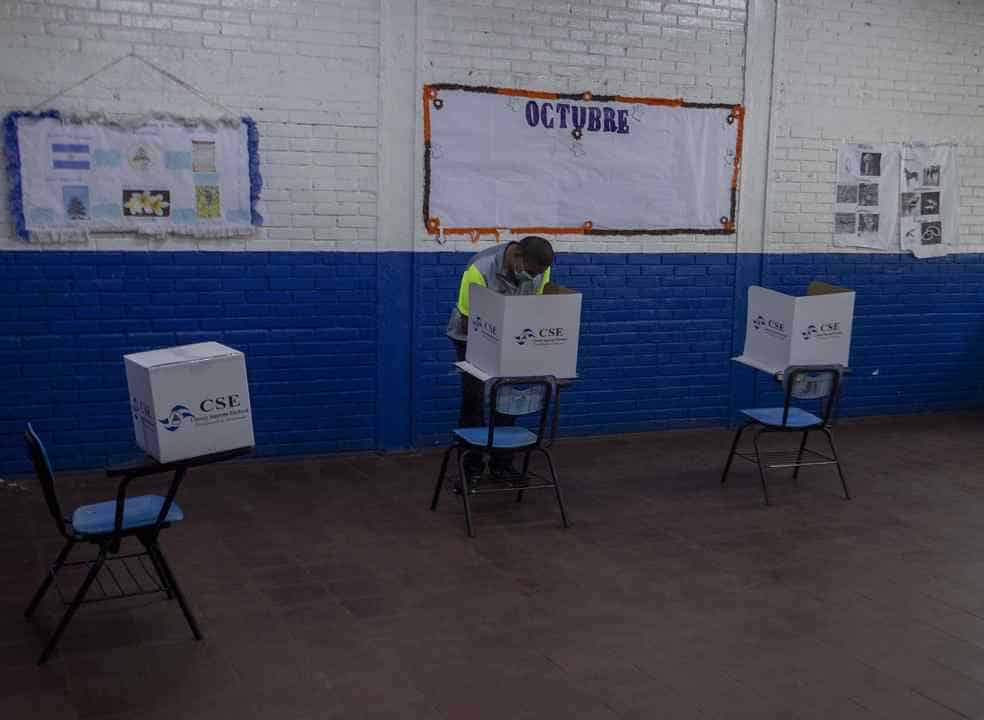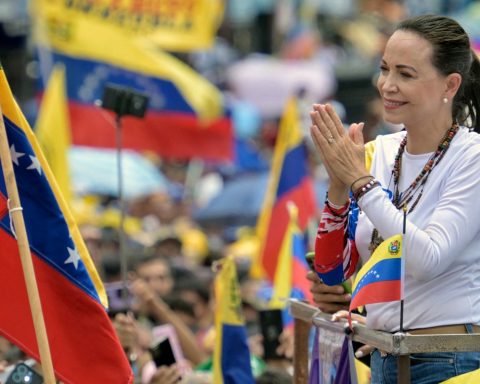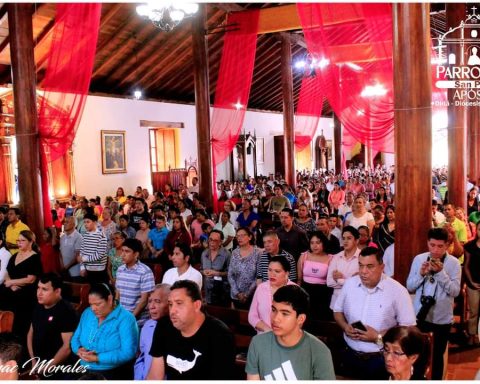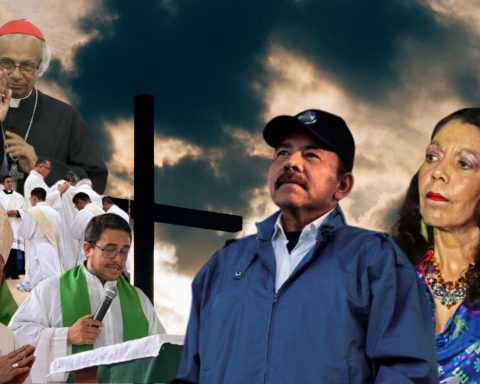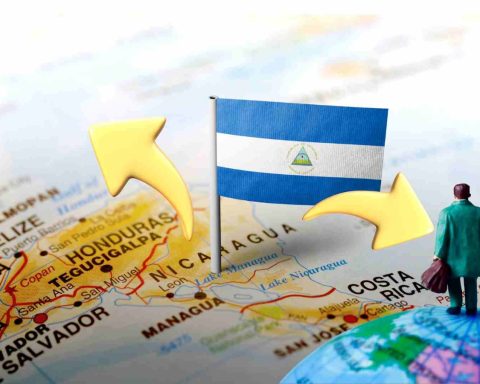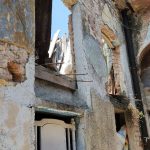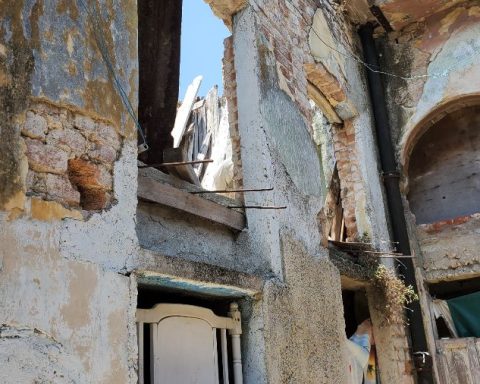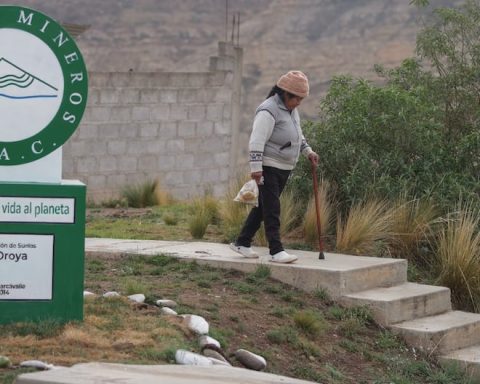The Office of the United Nations High Commissioner for Human Rights (Oacnudh) pointed out in a “quick report” that the past municipal votes in Nicaragua “did not meet international human rights standards” and – like the 2021 general elections — were not “free, fair, or transparent”, so their results lack “democratic legitimacy”.
The report entitled Crisis in Nicaragua: Municipal elections and violation of civil and political rights, emphasizes the context of repression in which the electoral process took place and points out that the results presented by the Supreme Electoral Council (CSE), which award 100% of the municipalities of the country to the Sandinista National Liberation Front (FSLN), were predictable.
“The electoral result confirms the trend seen since the 2012 elections, in which a progressive control of local administrations began, which has been consolidated in these elections with total control of the 153 mayors’ offices,” the document explains.
Similarly, in the pre-electoral context, Oacnudh observed restrictions on the civil and political rights of Nicaraguans, effects on political pluralism, an electoral legislative framework incompatible with human rights standards, and changes in the lists and verifications.
Arrests in several municipalities
Oacnudh received information that, between November 1 and 8, there were “31 presumed arbitrary detentions linked to the electoral process.” To date, 13 of these detainees continue to be deprived of their liberty.
The arrests, warns Oacnudh, were characterized “by the use of violence by the security forces and were directed at members of political parties, student groups, civil society organizations and relatives of other people detained in the framework of the sociopolitical crisis in Nicaragua.
The report also points out that the highest number of arrests took place in the department of Carazo, with ten arrests in six different municipalities, followed by Río San Juan.
Apart from the registered arrests, “no incidents of physical violence were publicly disclosed on election day,” says the quick report. However, the vote was marked among other things “by abstentionism”, the absence of electoral observers and a greater police presence in municipalities with an anti-Sandinista trajectory.
In addition, in days after the vote, “the bases of the party Yatama claimed to have won in the Waspam municipality on the North Caribbean Coast. As a result of the complaint, incidents were reported in the municipality and in Bilwi, with harassment and police repression, arrests, searches and checkpoints”, Oacnudh emphasizes.
“Compromised” rights
The Oacnudh report also points out that the events recorded in the electoral context in Nicaragua “compromise” the rights of citizens to participate in the direction of public affairs, vote, and be elected, as established in the International Covenant on Civil Rights and Political (ICCPR).
Before the elections, “the institutional and legislative framework in Nicaragua did not meet the standards
in electoral matters, since it does not guarantee equality, independence, transparency or freedom”, the document states.
In this sense, the agency points out that “the free communication of information and ideas regarding political issues between citizens and political candidacies is essential to ensure access to electoral rights. For this, it is necessary that there is an independent press that can provide information without censorship or restrictions on public opinion”.
In addition, “an adequate electoral calendar, allowing time to develop an effective electoral campaign, public information efforts, voter registration, etc.,” is necessary to guarantee the political rights of citizens and a “genuine” electoral process. .
However, during the pre-electoral and electoral phase, “the Nicaraguan authorities did not guarantee a safe and conducive environment in which human rights were respected and enjoyed, in particular the rights to politics, peaceful assembly, equality and non-discrimination, to freedom of expression and association”, concludes the quick report.
